THE DISSATISFACTION and frustration at the federal push for citizens to register and key in complicated data in the Central Database Hub (Padu) has now spread to Sabah after the Sarawak authorities refused to participate recently.
Sabah Deputy Chief Minister I Datuk Seri Jeffrey Kitingan has expressed concern over the insistence of Economic Minister Rafizi Ramli on the registration, warning that the actions of the federal minister could be perceived as overly assertive and bordering on coercive.
Jeffrey said the federal government need to refine and enhance the system and urged its proponents to reconsider their approach in communication on Padu.
“There is no need to threaten the people by saying that if they do not register, they will not get subsidies. That tactic is not going to convince the people or make them want to cooperate with you,” he said in a statement from Kota Kinabalu today.
In a video posted on social media recently, Rafizi is seen saying: “You may not have gotten government aid before this. Now, although the opportunity has been opened, because your data has not been updated you may continue to be dropped.”
Expressing deep concern over the recent push for comprehensive Padu registration by the federal government, Jeffrey said he was uncomfortable by the way Rafizi had pressed the matter, saying his remarks on the issue “have been too assertive and verging on coercive.”
Jeffrey also raised questions regarding the security of personal data collected through Padu registration and the ambitious timeline to register 20 million Malaysians within four months.
Citing Malaysia’s status as the eighth most breached nation globally, he warned against hasty implementation of Padu, citing historical instances of data breaches such as the FBI’s own personnel database that was recently hacked.
Jeffrey also concurred with the sentiments expressed by Sarawak minister Datuk Seri Abdul Karim Rahman Hamzah, asserting that Padu is no different from existing data systems such as e-Kasih or Skim Tunai Rahmah, or the extensive data collection practices by the Inland Revenue Board.
“Moreover, the fact that over 65% of Malaysians have yet to register, it shows that there is a profound issue of trust – or rather, the lack thereof. I wonder why.
“Could it be because of the intrusive nature of the data required by Padu? Why does the government need to know who I owe money to and how much? How is this relevant to my eligibility for subsidies?” he asked.
Jeffrey said he also concurred with Abdul Karim’s assertion that there is no difference between Padu and existing data systems like e-Kasih or Skim Tunai Rahmah at present or the extensive collection of personal data carried out by agencies like the Inland Revenue Board and welfare systems.
“The government’s duty is to serve its citizens, not to delve unnecessarily into their private lives. The protection of individual privacy must be balanced against the benefits of data collection,” he said.
Jeffrey said the collection of such data could potentially be misused such as for surveillance, political manipulation or other forms of control by malicious entities.
The Sarawak government has announced a halt to the ongoing registration in the state and called for a review of Padu.
Yesterday, MCA president Datuk Seri Wee Ka Siong warned that Malaysians may be getting suspicious at the complicated RM80 million system.
He stressed that it is too difficult with its 39 questions, and people have no confidence in its security and privacy.
“It is not easy for people in the rural areas to fill out the details with too much information,” said the former minister.
Wee pointed out that the RM80 million allocated for Padu could instead be used to upgrade the e-Kasih system that is already in use. – The Vibes, March 25, 2024












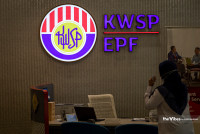




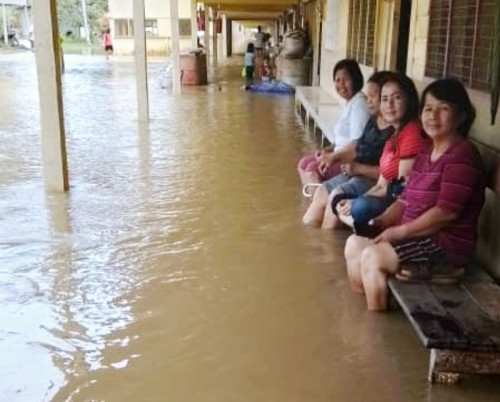
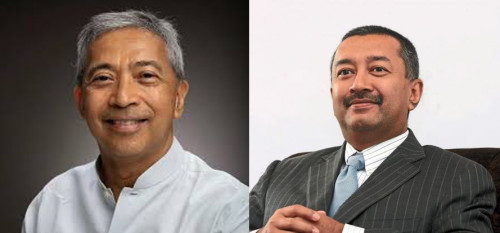

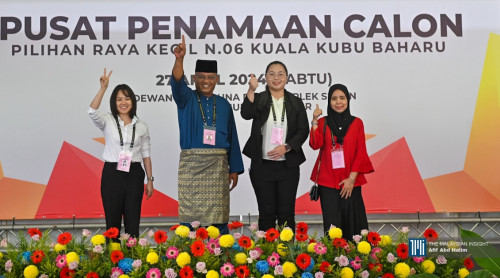

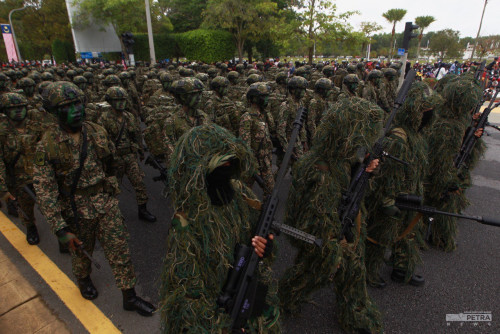
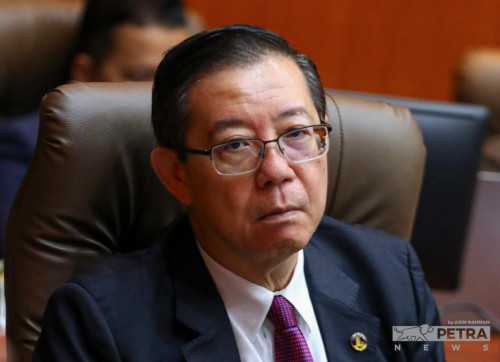

.jpg)

